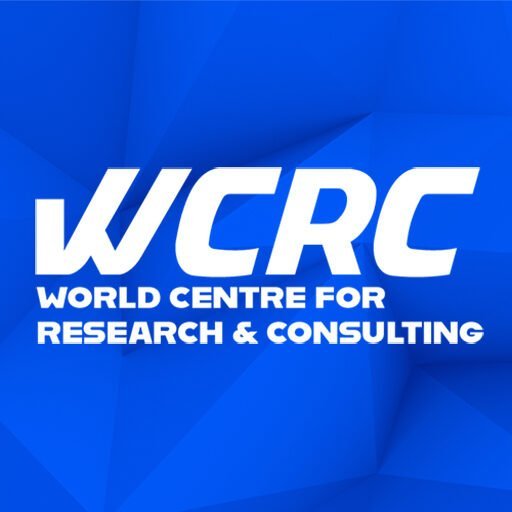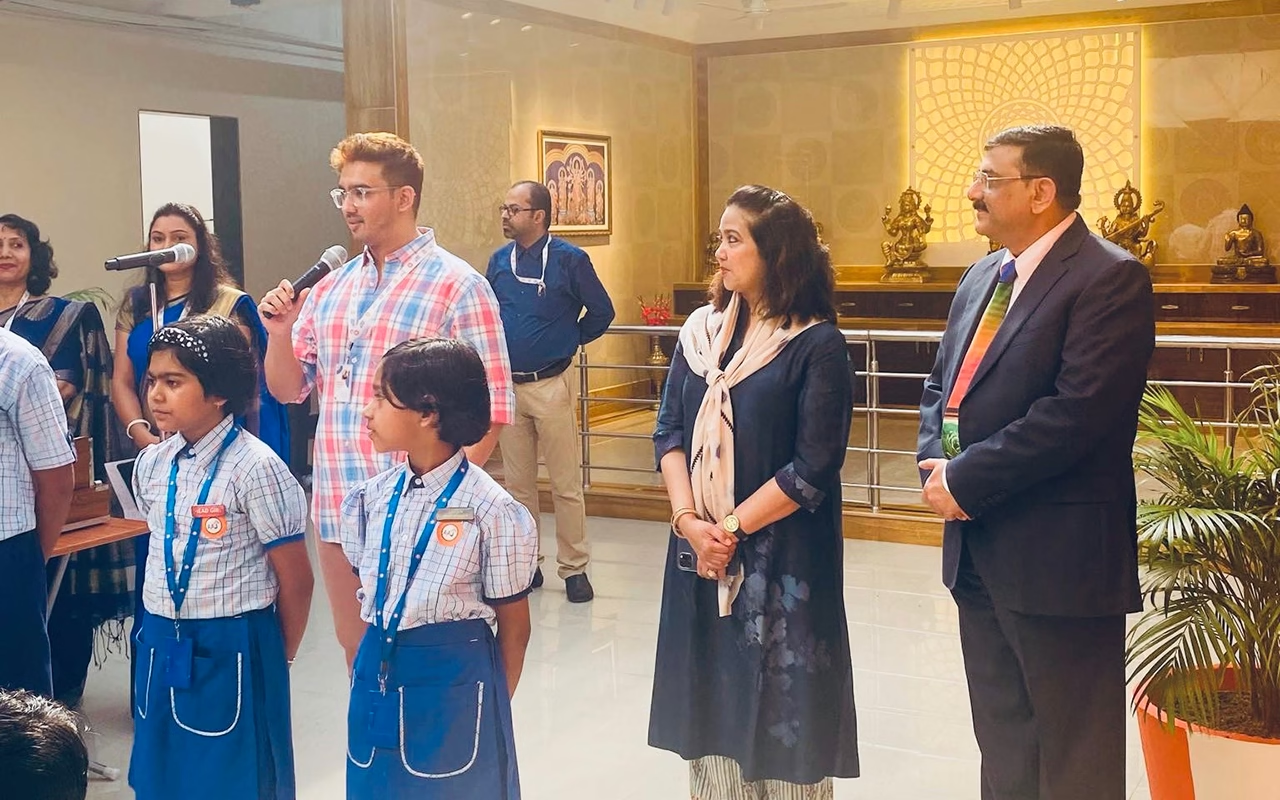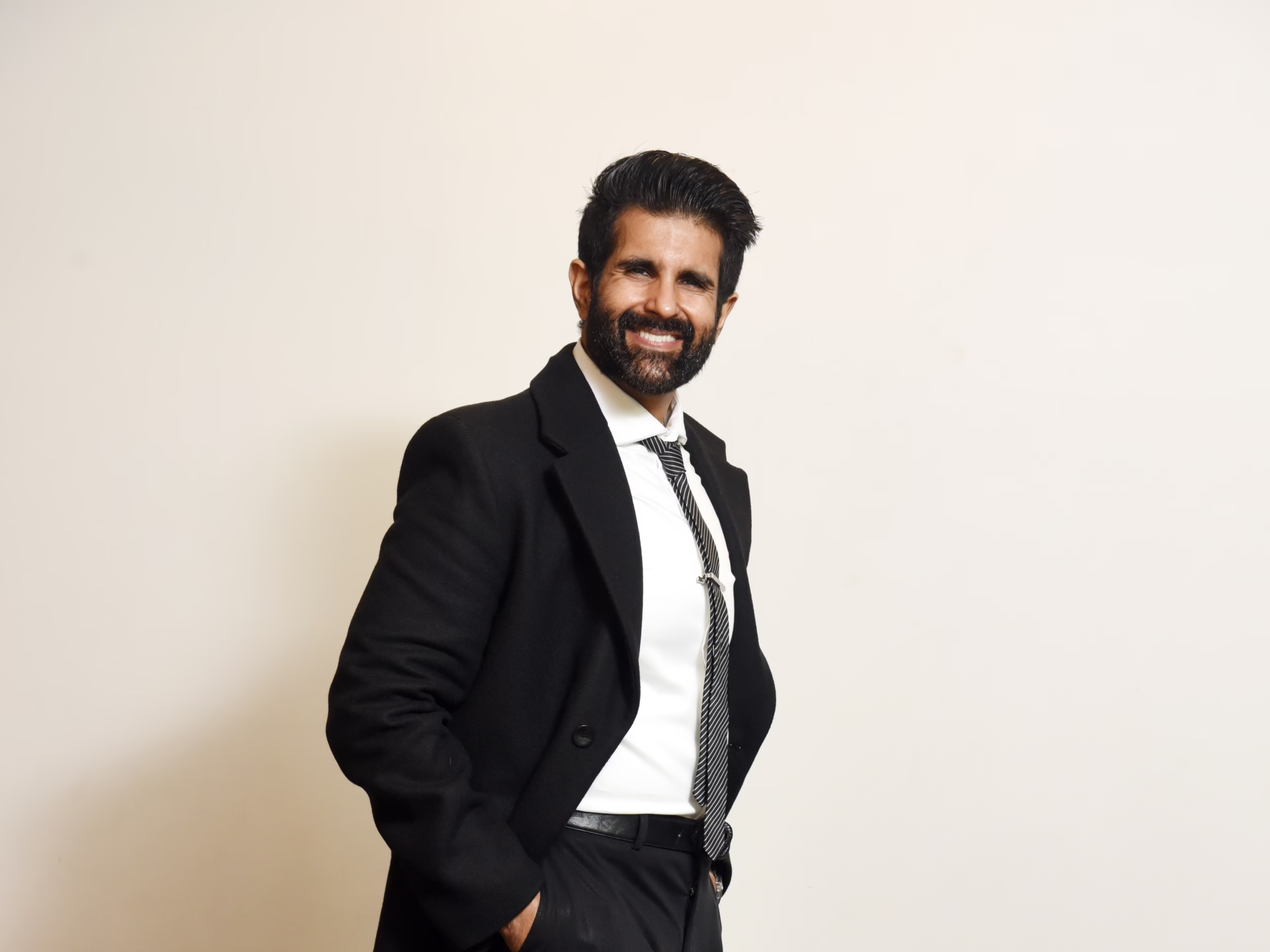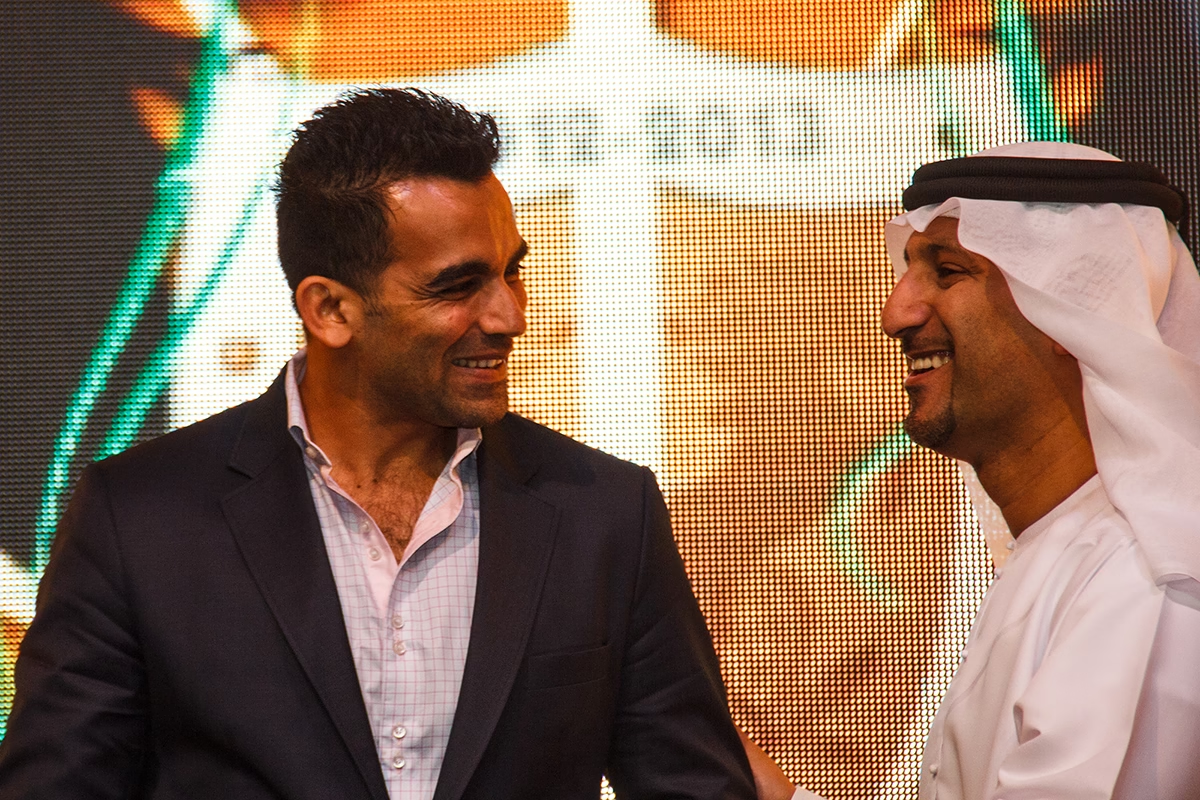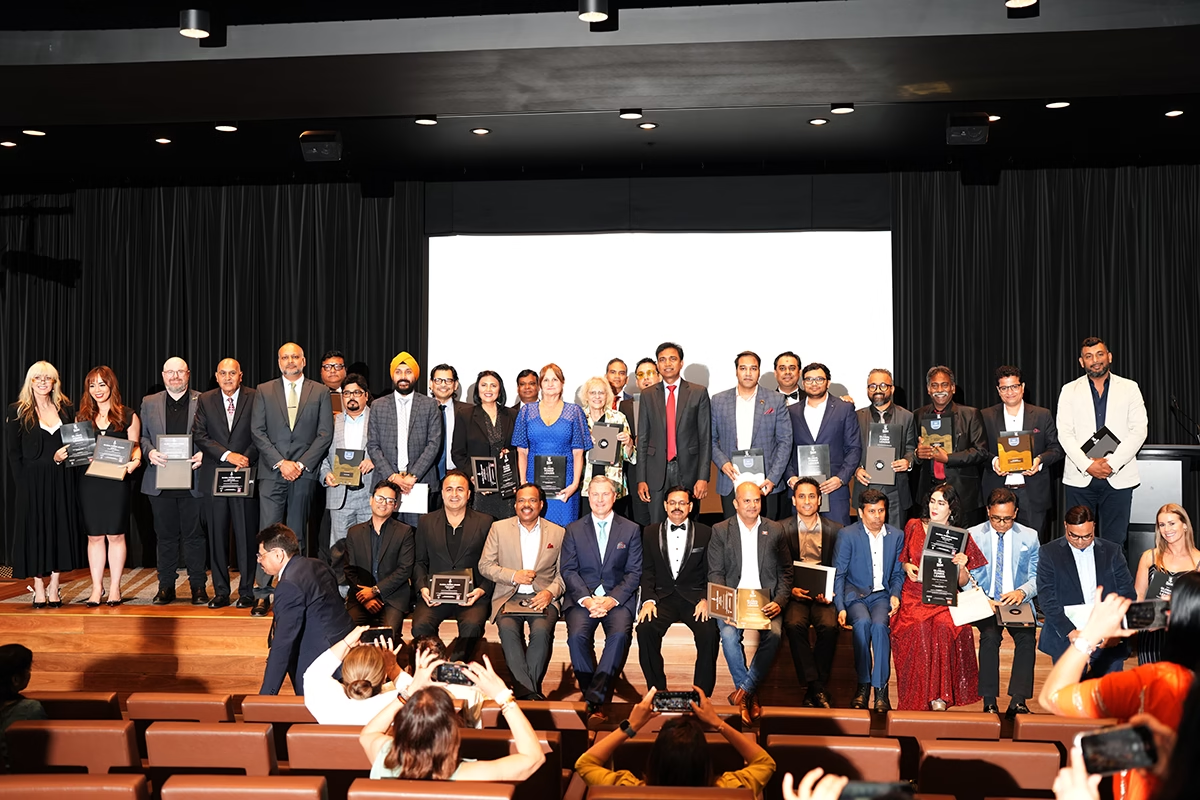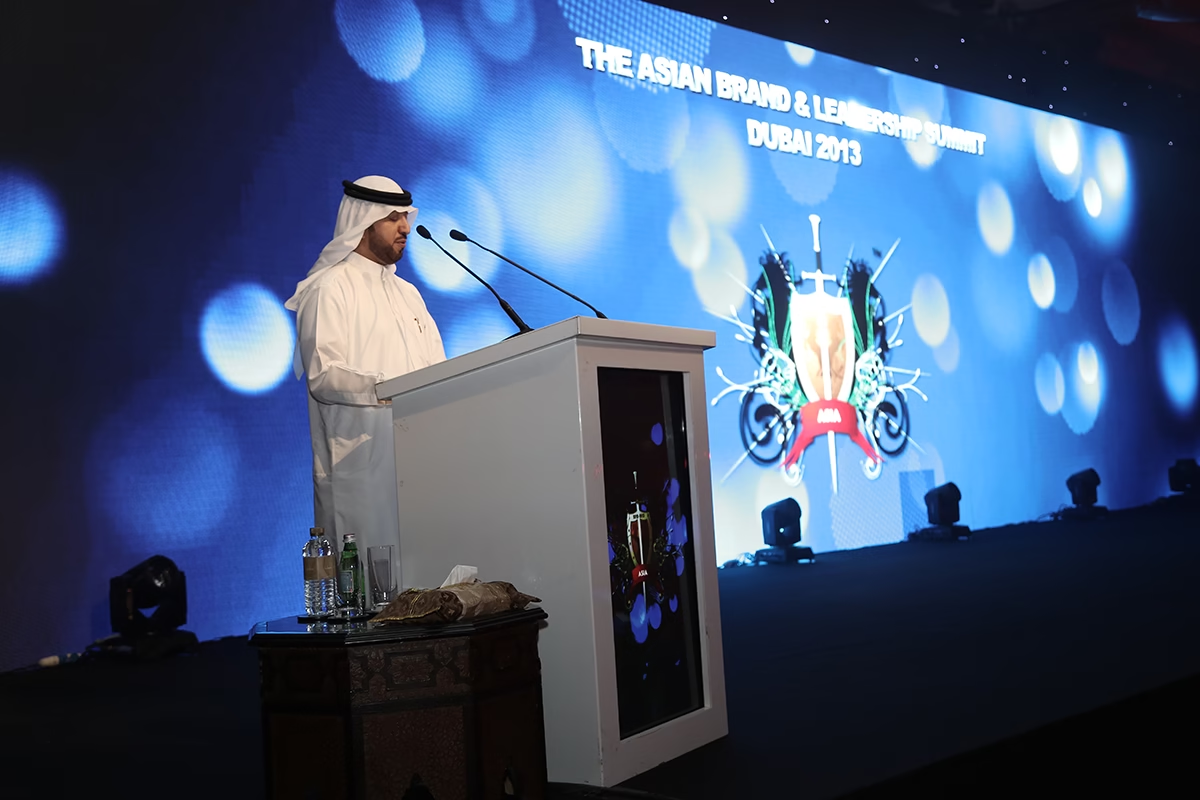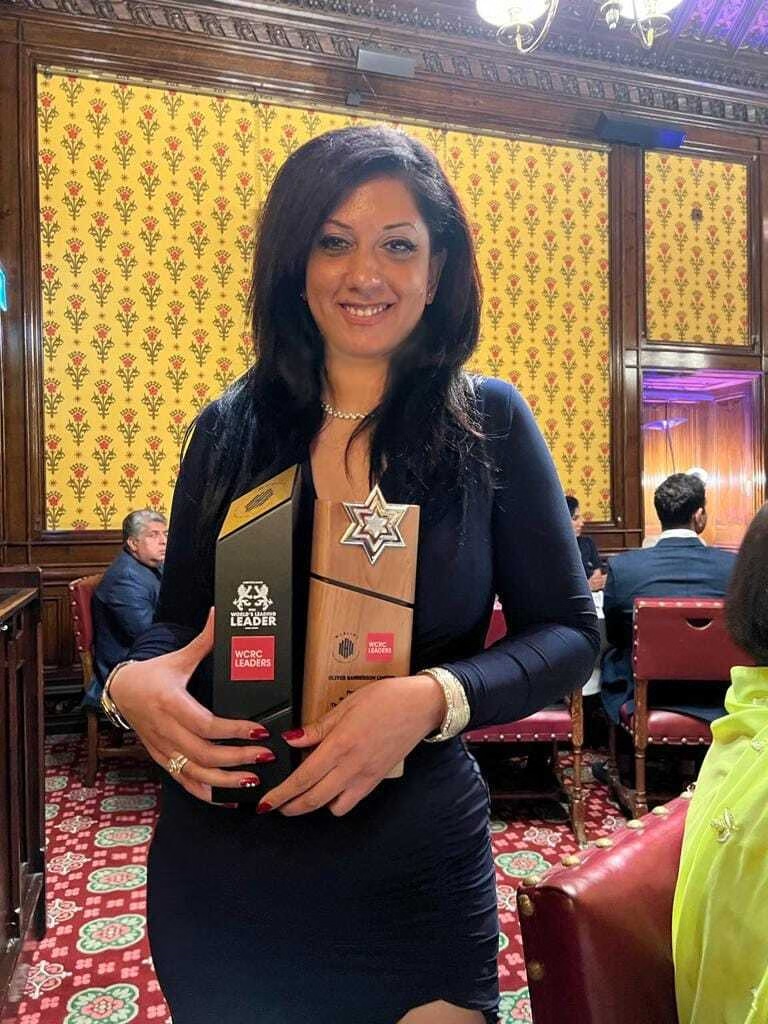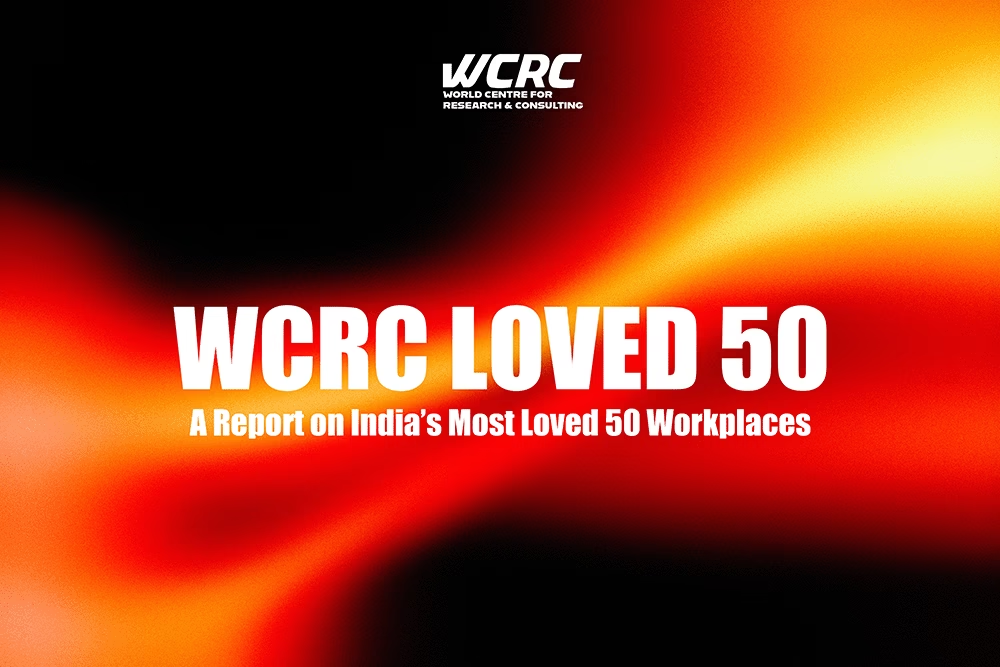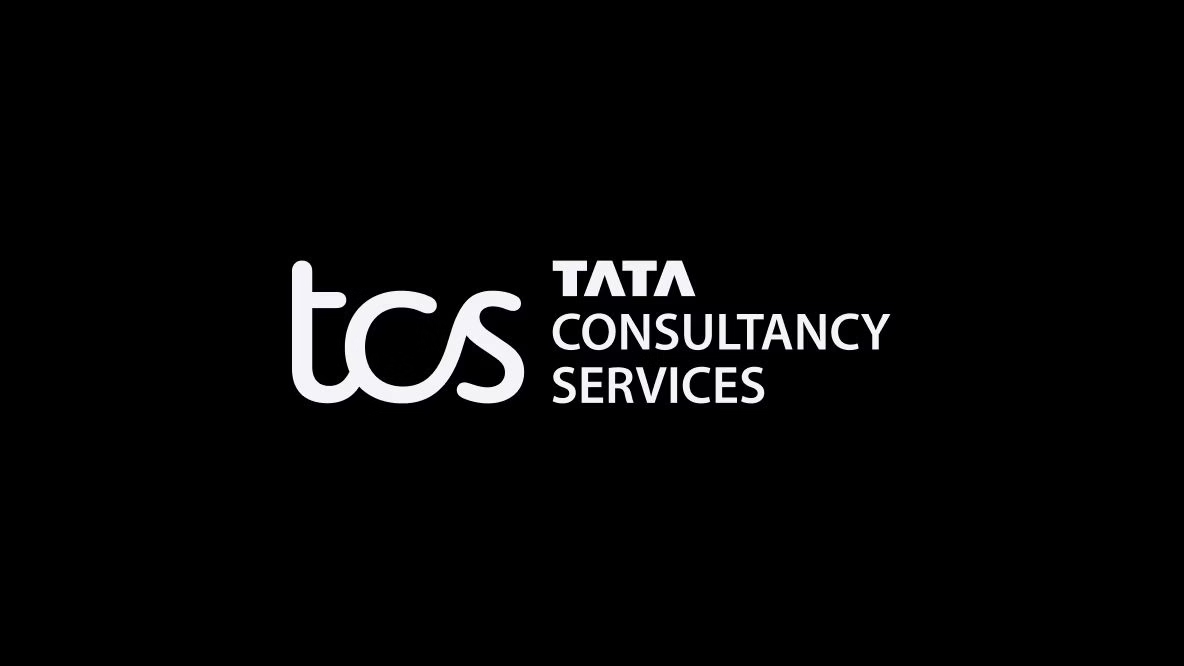Arvind Sonmale, SAFL – India’s Transformational Leaders 2019

Years of dedication and integrity made Arvind Sonmale, CEO, SAFL a true transformation leader who is innovating and driving the company to new heights.
Years of working in the industry, your contribution reflects versatility and volubility. What has influenced your decision making process at various stages ?
Over the 40 years spent by me in the Banking industry, the decision making process has gone up the learning curve. In the earlier stages, issues were analysed collating all aspects and thereafter sent for a decision to be made by a Senior. The elements going into a decision by a Senior were closely watched, which was the first step in the learning curve of professional decision making. Gradually, as I moved up the hierarchy, decisions had to be taken by me as the buck would stop at my desk. In my view, a critical analysis of all the issues at hand including impact (positive or negative) on affected constituents of a decision made are important elements in the process. It was also important to me that a decision should be made without any fear or favour element. A strictly objective and professional one. This process has been the guiding influence for me in decision making throughout the later stages of my professional career.

Arvind Sonmale, SAFL – India’s Transformational Leaders 2019
A project or an accomplishment that you consider to be the most significant in your career ?
The setting up of Sustainable Agro-commercial Finance Ltd. (SAFL) from scratch as a NBFC dedicated to the farm and farmer community has been a significant project for me. In September 2010, I was approached by Jain Irrigation Systems Ltd., headquartered in Jalgaon, Maharashtra to assist them in setting up a unique, one-of-its-kind financial institution. The objective was to focus on extending easy, quick, hassle free finance to small and marginal farmers for developing agriculture infrastructure aimed at improving their economic and living standards. I took up the challenge and engaged myself fully on setting up such an unique one-of-a-kind financial institution since September 2010. Maharashtra State was the first geographical area targeted for coverage. I got involved in creating the organisation and carrying out activities such as surveying & reviewing the small and marginal farmer needs, the current set-up for availing finance by them, the difficulties faced by farmers in availing loans, preparing a blueprint for a finance organisation including financial model, product design, credit processes, marketing outreach, organogram, recruitment, statutory approvals, etc. The institution was operational in January 2013. I am currently the Managing Director & CEO of SAFL, having its Head Office at Mumbai, India. SAFL is a NBFC promoted by JISL with equity investment from IFC, Washington, besides Mandala Capital, and is focussed on extending finance to small and medium sized farmers in the rural and semi-urban geographies of India. I consider this to be a significant project in my career.
How do you integrate corporate philanthropy or corporate social responsibility as a part of your business strategies ?
Corporate Social Responsibility (CSR) was a voluntary action for corporates in India, earlier on. However, in recent years, it is necessary for a corporate to undertake a CSR spend of 2% of net profits in a year. SAFL works among the most vulnerable sections of Indian society, viz. farmers in rural areas. This cross section of society is plagued by innumerable external factors, such as uneven rainfall, unseasonal weather, drought conditions, volatility of prices of agricultural products and at times, a high debt burden. Hence, the farmer community affords ample opportunity to spot genuine pain points, which can be met holistically through a CSR programme. One such initiative launched and implemented by SAFL is the Special Lending Programme for widows of famers who have committed suicide in Vidarbha region of Maharashtra State. As a measure of CSR, SAFL launched a Special Loan Assistance Programme to support the widows / families of farmers who had committed suicides in Vidarbha region due to financial stress / indebtedness. The said programme was launched initially in two highly suicide prone areas, viz. Yavatmal and Wardha districts of Vidarbha region in Maharashtra and later on expanded it to Washim and Buldhana districts in Vidarbha. Till date, SAFL has helped families of over 150 widows for commencing different activities such as purchase of Sewing machines, purchase of Flour machine, purchase of Sprinkler Irrigation sets, setting up small grocery shop, setting up bangle shop, etc. at very low and nominal interest rates with no security stipulation nor any margin money requirement.
What has been your driving force or philosophy in life ?
As the promoters of SAFL say, “Leave this world better than you found it”. This is a profound philosophy which inspires me.
How do you define success and how do you measure up to your own definition ?
To me success means the positive effect and a high degree of impact on the individual(s) with whom you are interacting and taking certain actions related to them. During the last 6 years of business operations of SAFL, the Company has financed more than 50000 farmers, which has made their lives better than what they were before SAFL came into their lives. Success also means the satisfactory attainment of the objective which you set out to achieve.
We are constantly making things better, faster, smarter or less expensive. In other words, we strive to do more with less. Talk me about a recent project or solution to a problem that you have made better, faster, smarter or less expensive ?
Typically, the distribution network of all financial institutions in India consist of a Head Office, Regional Offices and Branch Offices. The Branch Office undertakes all functions which include marketing, credit, operations, accounts, administration, etc. Therefore, this usual model entails a high level of expenditure by each Branch Office, considering the large number of human resources to undertake this activity. However, in SAFL, we realised that we are catering to the rural and semi-urban areas. Hence, the distribution cost would be relatively high. In order to overcome this issue, the following structure was put in place :
The Head Office was located at Mumbai. In this office, Treasury, Accounts, IT, Operations, Risk, Human Resources, were centralised for the entire organisation.
Out of a total network of 75 offices, 6 Zonal offices were set up. Each Zonal office had a Zonal Manager, 2 Legal Officers and 2 Credit Managers. These Zonal offices would have a cluster of 8 to 12 branches/satellite offices under it.
Branches/ satellites offices would be purely loan originating offices and loan recovery offices. A satellite office would be a 1 man office, while the Branch would have about 2 to 4 officers. All these offices would only generate new business and look after recovery dues of earlier loans. Nothing else. The new loans would be processed by the Credit Managers and documentation vetted by the Legal officers at respective Zonal office. Only in cases of high value proposals, the same would go to Head Office for processing. Hence, there is a network of 68 Branches/satellites manned by about 90 officials.
All the offices are connected with a high end connectivity and a customised state-of-the-art digital technology platform. The above structure has resulted in cost savings by avoiding duplicate activities in Branch/Zonal offices. It has also resulted in a lower manpower deployment and yet having quick turn-around time for business proposals.
In your opinion what is the most significant aspect of leadership?
The most significant aspect of leadership is the element of trust placed on you by people in your organisation. This trust is built over a period of time based on the quality of decisions which one takes.
Your perception of an empowered society. How far your industry has/can contribute for the same?
An empowered society arises on the basis of economic freedom as well as freedom to make economic and lifestyle choices. Towards this end, SAFL has helped the farmer community to improve their economic well being to a large extent, thus empowering the farmer community in rural India.
PERSONAL GRID
One thing you wish to change and one thing you wish to retain about your industry ?
I would like to change is to bring about the ability to a farmer to have sufficient holding power to hold on to his agriculture produce till the market and price improves, which will get him a better realisation. Currently, each crop is harvested by all farmers at the same time and as they need the money, they all sell in the market at the same time, resulting in a glut and very low prices. Holding power would enable him to time his sale for best price realisation. One thing I would like to retain about my industry is the ability to reach out to the farmers in the remotest part of the country and to help him improve his living standard as well as economic well being.
One thing you have to let go off as an entrepreneur leader ?
Attempting to do each and everything hundred percent effectively and perfectly.
Whom do you owe your success to ?
I would attribute my success to the entire team of 250 staff in SAFL who work in tandem to make our task efficient, easier, smooth and profitable.
Best thing about your job ?
The best thing about the job is the satisfaction that you get when you meet the farmers expressing their gratitude for the loans given to them, which has improved their lives in many ways. Their expressions of deep gratitude are very touching.
A message from you to all the future entrepreneurs leaders ?
As has been said by Preet Bharara in his book : “Do the right thing, at the right time and in the right way”.

